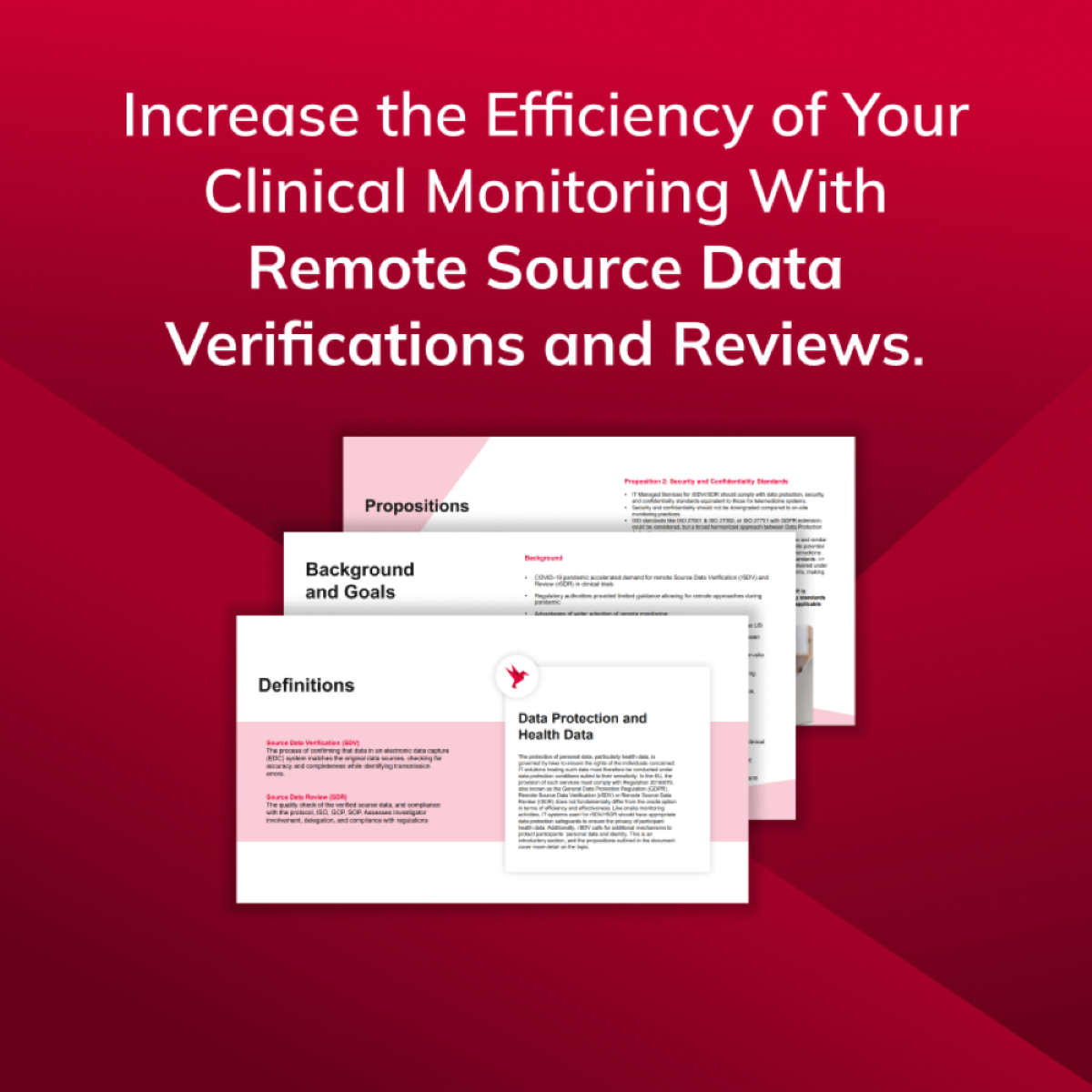Ask Alcedis with Hanno Härtlein: "The patient is taking on an increasingly active role"
Published: 09.05.2023
How will clinical trials develop in the future, and what are the challenges? Hanno, Managing Director of Alcedis, answers these questions in an interview.
What are potentials of the near future?
The potential clearly lies in the advancing digitalisation and the informative networking of people. A number of technical platforms are currently emerging, which enable a permanent exchange between decentrally generated and held data. The integration of technologies such as smartphones, apps, so-called lifestyle wearables and medical devices are already pushing into reality.
The increasingly well-informed and thus more empowered patient is moving further into the centre of attention in clinical trials. The industry also recognises this, which is why patients are taking an increasingly active role in studies within the framework of "patient centricity".
We are now talking about a so-called "digital patient journey". This begins with the recruitment of patients via social media and continues with a purely virtual first contact with physicians. It continues with a "remote self-administered treatment", i.e. a treatment that the patient carries out on his own through a video tutorial or under "virtual supervision" during a video call with a study nurse.
Study-specific apps pursue the approach of gamification in addition to the current standards such as quality-of-life assessment. Patients are motivated to participate in the clinical trial in a playful way and, above all, are bound to their treatment. Networking among patients, so-called "community platforms", will also be used more widely in the near future.
Latest Whitepaper
What will clinical trials look like in ten years?
Time is an important factor for all of us. On the one hand, in economic terms for the researching companies, and specifically in terms of time-to-market. After all, more than 7 billion euros are invested in clinical research up to approval and marketing every year in Germany alone. And on the other hand – and this is more important – the time to cure or even the waiting for new, better and more effective therapies is crucial for patients.
So what if the development phases up to approval or availability could be significantly shortened? And if research and practical use merged together?
Let's assume that the level of technologisation just mentioned continues to increase and devices on or in the patient's body collect all relevant medical data on a variety of parameters in real time. This adds to the data volume, which is generated by the patient's healthcare provider or already exists in their electronic patient record (ePA) and flows into the clinical trial. And I assume that the ePA will eventually advance into the depths of genomics.
Such extensive real-time data collection requires smart, very fast processing. Artificial Intelligence (AI) and machine learning enter the stage. The treatment of patients will therefore become part of a very dynamic Big Data research project in clinical trials.
Of course, we continue to target the core issues of medical research: efficacy and safety. But instead of initially making a therapy decision on the basis of specialist information or the label, i.e. the approval, this is done almost permanently by an AI-based companion. In other words, a companion that makes individual predictions and quick decisions from diagnosis to cure based on my live data from sensors. This way, measures are coordinated in cooperation with treating doctors and authorities. In the future, it would be conceivable to have highly individualised and very agile approvals for medicines, virtually in real time.
What challenges will the industry face in the future?
The role of all players in the healthcare system, such as practitioners or CROs, will change. Pharmaceutical companies will merge with tech companies. All this will create a lot of upheaval. Today, I still perceive the industry as very conservative and slow. This is due to strict regulation. After all, we work in a particularly sensitive area. Nevertheless, it will remain a challenge if the industry does not keep up with the speed of the rest of the world. Other industries have long used video chats for authentication or electronic signatures, which have just been introduced in medical research. But that's not very innovative, considering the parcel delivery industry has been doing it for years.

